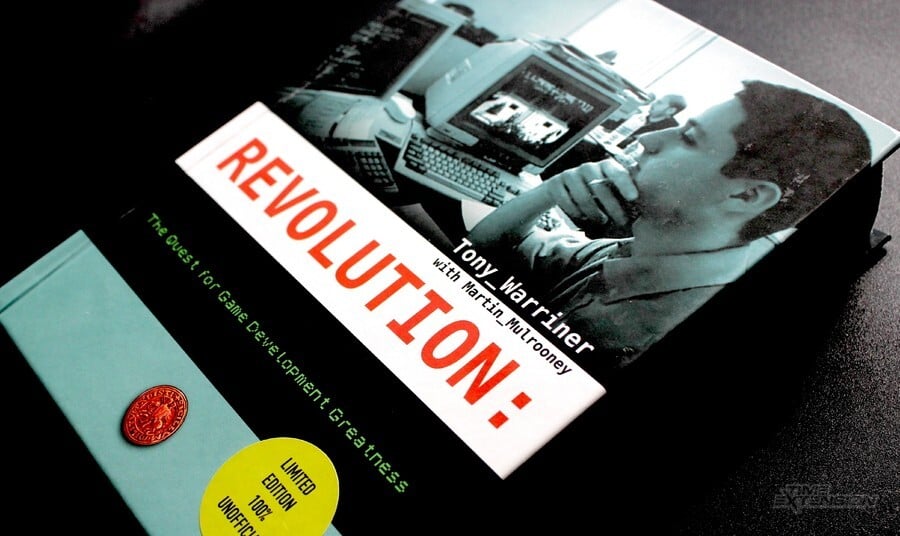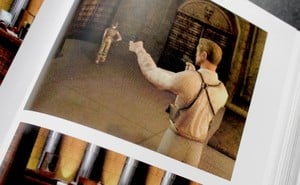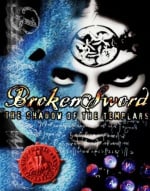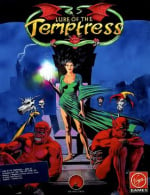
Revolution Software has had its fair share of ups and downs over the past 35 years or so, from experiencing success with the Broken Sword series of adventure games to dealing with unreasonable publishers, project cancellations, and devastating layoffs.
Many of these highs and lows have been documented in the past in interviews with the press, but none of them have ever been told in quite so much detail as within the pages of Revolution: The Quest For Game Development — a new book from the Revolution co-founder Tony Warriner (with help from the Alternative Magazine Online founder and editor Martin Mulrooney).
Revolution: The Quest For Game Development Greatness is an in-depth retelling of the Revolution Software story, delivered from the perspective of someone who was there right from the beginning. It begins by documenting Warriner's experiences of what it was like growing up as an aspiring game developer in East Yorkshire in the 1980s, before charting how Revolution went from being a small startup to one of the most successful adventure game developers of the 1990s.
As expected, there are several chapters of the book devoted to old adventure game favourites like Lure Of The Temptress, the Broken Sword series, and Beneath A Steel Sky, which helped Revolution to put itself on the map, and it's these sections that will likely be of the most interest to readers. Not only does it include insight into the technology that was used to build each game's engine, but it also contains accounts of how the death of the Mirrorsoft owner Robert Maxwell almost led to the end of Revolution before it had a chance to begin, as well as Virgin US's attempts to sabotage Broken Sword's North American release.

Elsewhere, there are also some pretty fascinating insights into lesser-known titles too, including the various work-for-hire projects that the studio has taken on, as well as references to abandoned and unrealized game like the police thriller Good Cop, Bad Cop, the Cannonball-Run-esque The Great Galactic Rhino Rally, and the SimCity-like tower defense game Siege. It's a lot to take in (the book is 635 pages total), but Warriner and Mulrooney do an incredible job of weaving these stories together in a way that's accessible, eye-opening, and engaging.
If you're at all interested in the point-and-click genre, the process of how video games are made, or what it is like working in the game industry, Revolution: The Quest For Game Development Greatness is an essential read, delivering countless anecdotes that will likely give you a newfound respect for the iconic British developer and anyone who has decided to make games as a career.
Sadly, it appears the book is now out of print, but you can still pick up a digital copy for £10 directly from Warriner's website.




